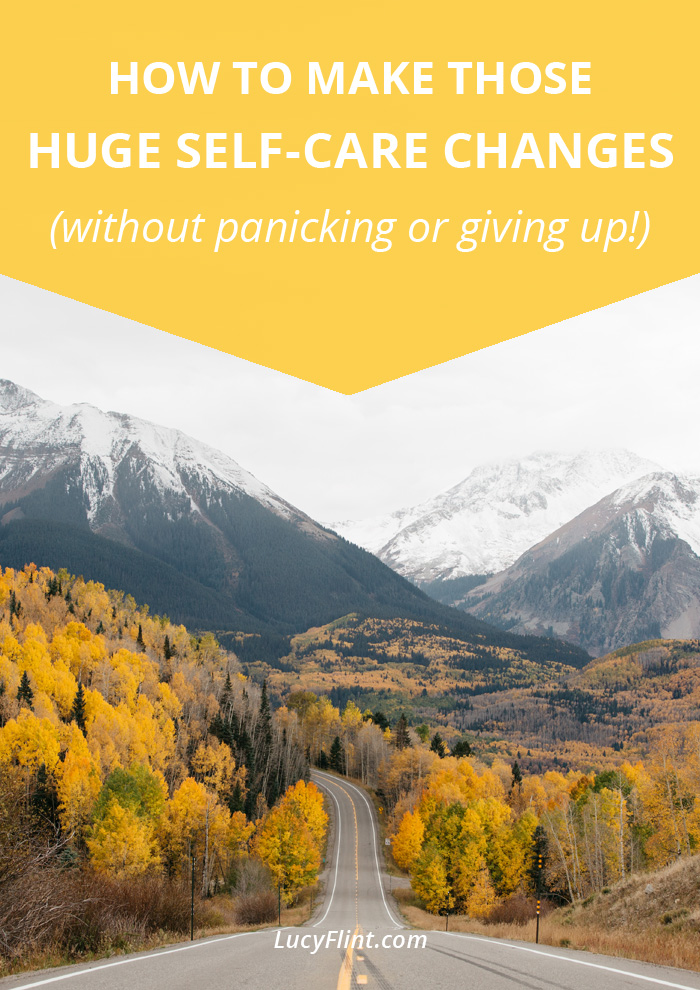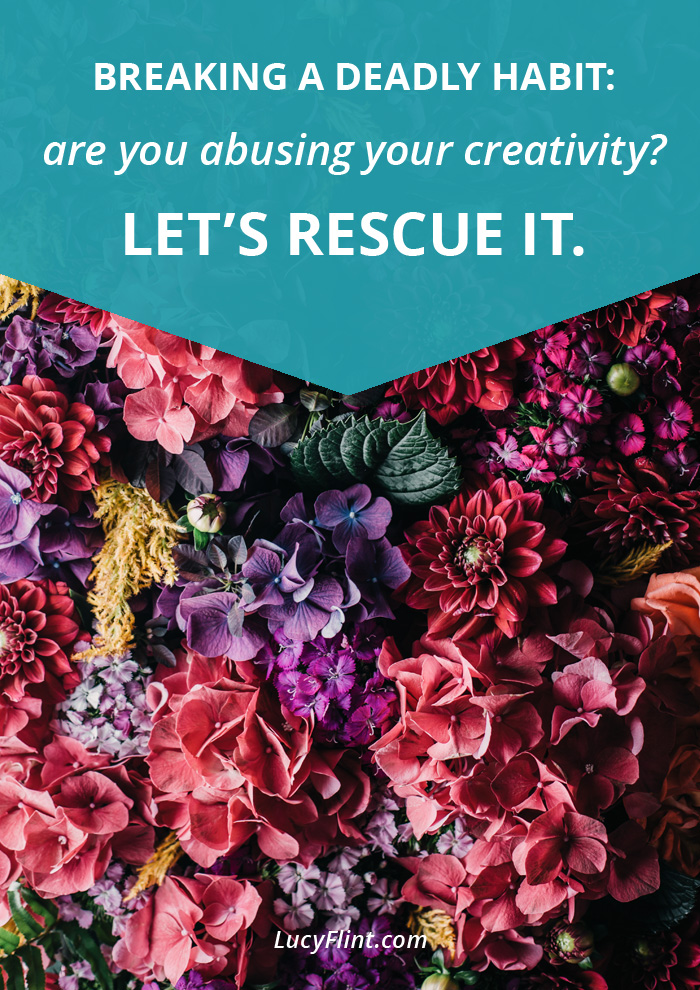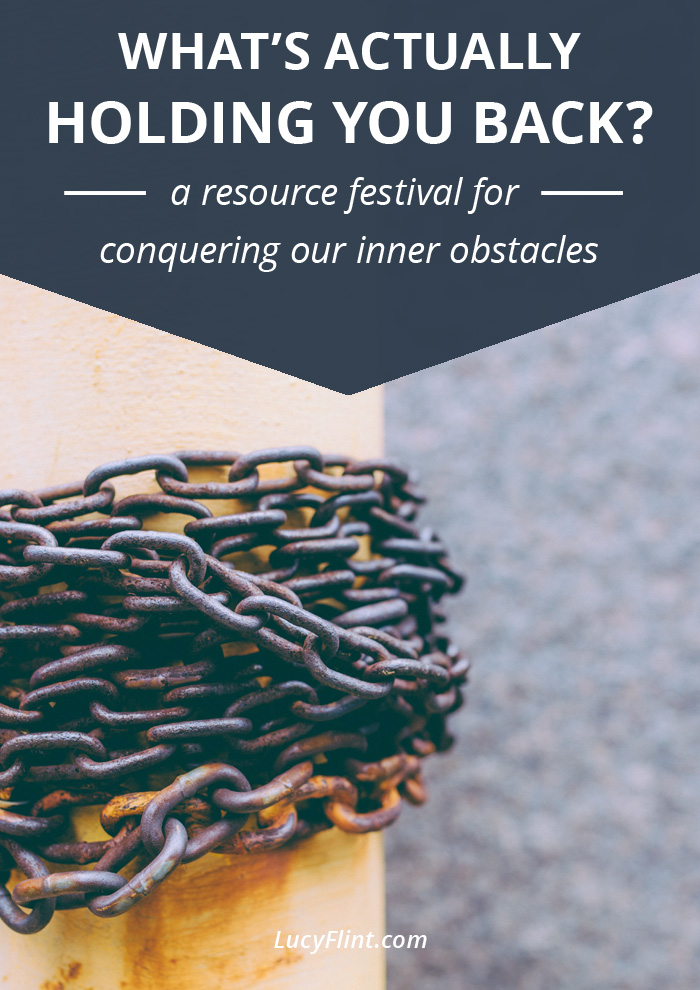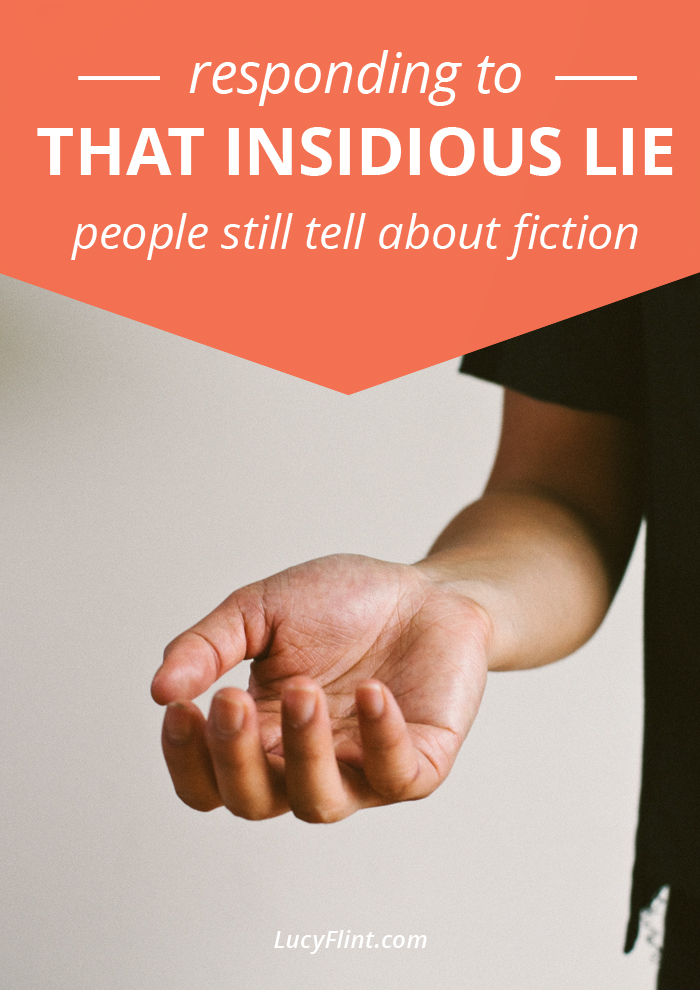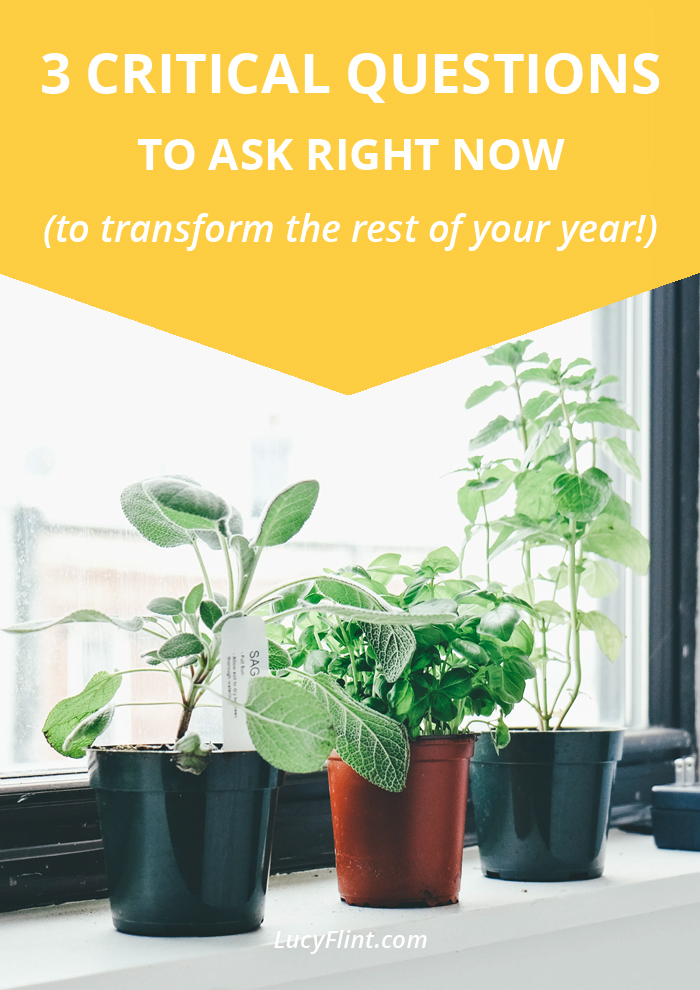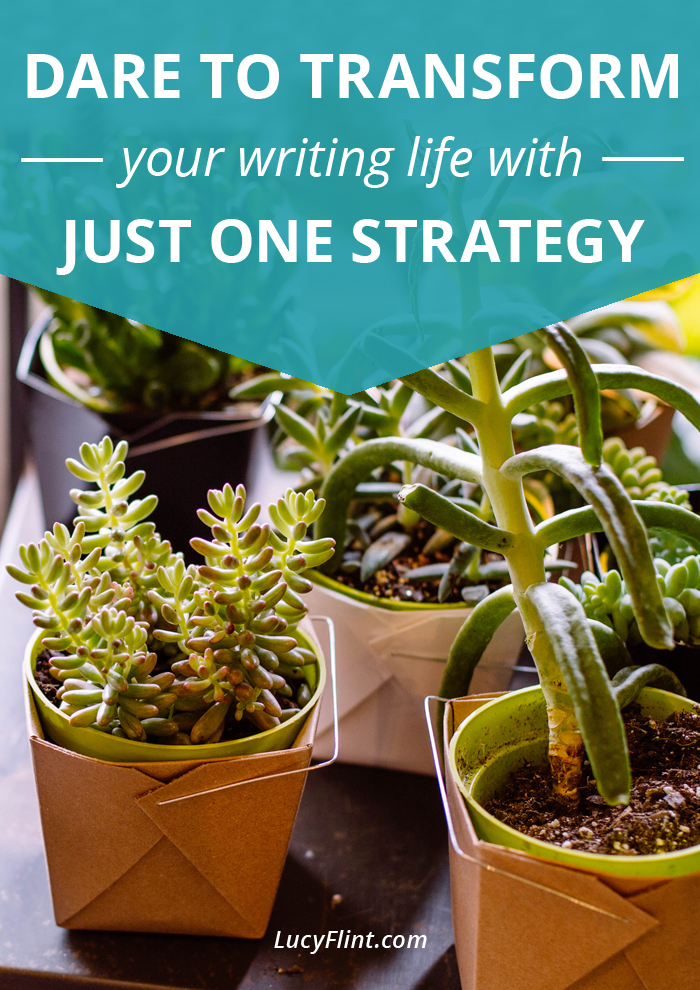The Epic Grace Workshop: Practical Ways to Better Your Writing Life, Starting Now
/First things first: I am beyond amazed that this quiet little blog found a spot on the 100 Best Writing Websites for Writers in 2017 list, curated by The Write Life.
The nominations all come from readers, and so can I just say: to those of you who nominated me, THANK YOU, and I would love to just give you a huge hug and throw some confetti so that we all get it in our hair and wear it that way for the rest of the day.
Seriously, maintaining any blog takes some work, and I make absolutely no money off this site right now: I do it as a gift and a way to give back.
All this to say, I want what I put here to be helpful. And to have it called a "best writing website" was just a huge encouragement that yes, you are finding it helpful.
So, one more time: Thank you, thank you, thank you. For spreading the word and for putting up with my ultra-long blog posts and my ridiculously low-tech approach to websites. (I promise I'll have an email-delivery option one of these years!! ;))
But most of all, thank you for believing a courageous and joy-filled writing life is possible, worth working toward, and worth telling people about.
So go buy yourselves some flowers or a great new notebook or something and celebrate! And most definitely check out the other writers on that list—it's an incredible round up.
Okay. Cut yourself a big piece of celebratory cake, and then let's dive into this post, because I promise it's a good one...
I loved talking last time about flooding our writing lives with grace. I am convinced, from my own writing life, that grace is the best way forward when things get sticky, hard, or dark.
Facing a block? Apply grace. Received some ugly criticism? Apply grace.
Your relatives asked you what you were writing about, and you stammered out something contorted and blush-worthy? Apply grace (and tell me about it because I have SO been there and can totally commiserate).
When you're running behind schedule and the draft is sticking its four paws in the air and looking very dead, and you're sure you're not going to make it and you should have definitely picked a less-painful thing to do with your time ...
Apply grace.
When you think beating yourself up will surely be what gets you back on track: apply grace and more grace, my friend.
... I believe all this firmly, but it's easy for me to type all that and then say: Um, so HOW?
How do we apply grace? Does that mean just shrugging and letting everything slide? Is it Netflix for days and hiding under the covers and just blowing off our writing?
Definitely not. I know that much.
But to be honest, I'm still learning how to do this. I spent a long time in the opposite camp, so my grace muscles are kinda tiny.
So for today's post, I wanted to do something that's always a favorite around here: A quote-based post. I rifled through my enormous collection of writing quotes and found some that light the way toward a more grace-filled writing practice.
Here are four major places where we can immediately opt for more grace in our writing lives.
Let's give ourselves grace by paying attention to our needs. By being for ourselves, and for our process:
I'm much more creative when I've actually taken care of myself. – Arianna Huffington (in this excellent interview with Marie Forleo)
You get your confidence and intuition back by trusting yourself, by being militantly on your side. – Anne Lamott
Sometimes the mind needs to come at things sideways. – Jeff VanderMeer
Realize that you are going to resist change. ... But if you have outgrown this self, you have to say: "I need more. I need a bigger self, one that fits who I am going to be." – Heather Sellers
I LOVE these quotes, because they force me to check in with how I'm treating myself.
Am I getting what I need, physically and creatively (sleep, food, nature, great fiction, art)? Am I staunchly on my own side, choosing to believe in myself?
Am I letting my thinking take the path it takes—by following my curiosity, by bringing wonder into my days? Am I giving myself the grace to grow, with all the messiness that comes from it?
Mmm. Good questions.
How about you? Grab a few moments, maybe a journal or the back of an envelope, and a big mug of tea or coffee or wine, and let's do a little thinking together.
Where in your life right now can you take a little extra care of yourself? How about a lot of extra care of yourself?
What would be the biggest gift to your physical wellbeing right now? Taking a nap once a day for a week? Drinking a green smoothie every afternoon? Making time for walks, or yoga, or dance?
What would be the biggest gift to your creative wellbeing right now? Watching that cool documentary you've had on your list for forever? Sneaking over to the art store and actually getting a set of paints? Plunking yourself down in the kids' section of the library and reading picture books for a few hours? An hour of stargazing (with a thermos of spiced hot chocolate of course)?
What would it look like? What sounds impossibly wonderful to you?
This is a tricky one, but hang with me: Where do you need to be militantly on your own side right now? Where are you tempted not to trust yourself? Where do you tend to assume the worst about yourself?
For example: I always kind of assumed I was lazy. (This cracks up some people I know, because I can also work like a maniac.) But I was always sure that, at my core, I wanted to avoid work at all costs.
So whenever my creativity was begging for some time to refill, restore, renew, I treated it like laziness, and instead whipped myself back into shape. I'm verrrry slowly learning to recognize that inner sense of "take a break" for what it is—an invitation to strengthen creativity, and not a caving in to laziness. I'm slowly building that confidence in my own judgment.
So what does that look like for you? Where can you recognize your deeper better motivations? And where can you just plain cut yourself some slack?
Where does your writing process refuse to be linear, predictable, neat and tidy? (My answer: Just about ALL of it!!) Can you let your mind come at things sideways? Can you give it the space it needs to sidle up to something, to be a little roundabout? Can you give yourself permission?
Finally, if there's something in you that is begging to expand, to be on a bigger stage, if something in you is ready to step out: Can you give yourself the grace of supporting that? Of clearing the space, of canceling competing commitments, of giving yourself what it takes to birth that thing?
Frankly, this is a stage that I'm in right now. I'm right in the midst of that Heather Sellers quote about moving to a bigger self. ... I know that talking about a bigger self can sound a little "woo woo," but it's absolutely true for me. This is a year for expanding and pushing forward, and I can feel the need in myself to have more internal acreage. To take up more space.
So I've gotten very very careful about what I commit to, what else I show up for, because in order to write the novel I'm working on, and in order to bring it to its next stage, it's taking a bunch of inner energy and resources and attention. There just isn't much left over.
And I'm realizing that it's grace that tells me: you don't have to be involved in everything! You don't have to solve every problem you hear about. You don't have to be everyone's best friend right now. It's okay to keep your schedule clear; it's okay to keep your focus. Birth this thing.
That's what it looks like for me.
How about you? Where would you love some extra support? Extra resources? Do you need to learn something? Or quit something? Let yourself do that.
Oooh. Okay. I'm all warmed up now. Let's move on to the next set of quotes and what they help us do:
Let's give ourselves grace by remembering that we are not our work.
This is such a common pitfall among writers and artists and makers of all kinds. It's too easy to tie our identity and our worth to the thing we make. And that's a mistake that can absolutely block you and torment you.
It doesn't work out so well, is what I'm saying.
Here are two rather gorgeous quotes to set us straight:
You as the writer are not the problem; the problem is the problem. – Shawn Coyne*
Part of being a writer is the capacity to live with imperfection, particularly as a work of fiction first takes shape. – Thomas Farber
(This Farber quote was captured in Barbara Abercrombie's excellent book A Year of Writing Dangerously. ... My slightly wry note to myself on the ragged index card where I scribbled this says, "So—how's that going?")
I love love LOVE both of these quotes, because it is so dangerous to let our sense of worth rise and fall on the quality (perceived quality, I should say!) of the work we did on any particular day.
So dangerous.
And yet, it can feel so noble to hate our work, to beat ourselves up, to make impossible comparisons between our day's output and the polished paragraphs of some master craftsman. It can feel like the best way to grow.
As someone who tried to grow that way for eight years of writing, can I just report back and say: It doesn't work.
I promise you. It does not work. You cannot kick yourself into being a better writer, not reliably, not long term, and not without breaking those parts of you that just might've delivered your best stories.
Okay?
What sets us free to grow in our craft, grow in excellence, grow in perception, grow in creativity: is separating the actual problem from our actual selves. Which is why I love that Shawn Coyne quote, and as I've said elsewhere, I might have cried just a little the first time I read it.
So. Practical grace, here we come:
Be gently honest with yourself: Where do you tend to believe that you are the problem? Where do you tend to say "I'm not enough, my writing is worthless" as opposed to "Hm, interesting problem, let's see how to fix it."
The tone and the approach you use with yourself is everything, my dear. Please make a big, serious promise to yourself to stop kicking yourself when you find your writing needs more work.
I love the phrase capacity to live with imperfection, because of that word capacity. Because that kind of phrasing makes the ability to live with imperfection sound like a skill. And a necessary skill at that!
Because when we can live with the imperfections in our work, instead of flailing about and sentencing our work to execution, we can actually, you know, work on them. Improve them. Get better. Without all the scarring and bruising we'd otherwise get.
So what does your writing life look like, if you think of it like that? If you treat tolerating the "bad" writing as a skill, something to develop? Oooh. Such good possibilities.
The most practical form that these two quotes/directions can take that I can think of, is a persistent permission slip. Signed by you, written to you, that lets you write badly, that lets your plot be full of holes, that lets the quality of your work be separated from the quality of you (which is fixed, my friend: you are here on this planet, therefore you're worthy. If you wanna argue, take it up with Brené Brown.)
Yes, this kind of distinction takes work. It takes practice and repetition. It takes a lot of notes on your mirror and your computer monitor and anywhere else your eye falls.
But it's worth it. Let's keep working to have a bigger capacity, a larger tolerance for the troubles of our work-in-progress.
What can you do to remind yourself of this? What can you do to expand your capacity for imperfections?
Are you getting excited yet? Because I'm totally getting excited. Let's move on to Part Three...
Let's give ourselves the grace of time and space. The time to work, to discover our work, to improve our work. The space in which to learn.
You have to give yourself the space to write a lot without a destination. – Natalie Goldberg
It takes time to write what wants to be written. – Judy Reeves
One of the most difficult skills to develop as a writer is patience. – Shawn Coyne (again!)
Your writing session, your writing year, your writing life must be padded, anchored, and illuminated with time to wander, get off track, launch a different writing project, lose yourself in reading, write for no purpose, just to explore. You need leisure writing, reading, walking. You need to play. And you need solitude that is not writing time, too. – Heather Sellers
This. Has been. One of the hardest. Lessons. Ever.
Okay. It's still hard. But I've practiced trusting the process: believing that it takes the time it takes. And the hardness of this doesn't overwhelm me like it used to.
My temptation is to keep thinking I can outsmart my own learning curve. That I can superspeed my way forward while skipping huge gaps of learning.
Nope. Those gaps sneak up on me, tap me on the shoulder, and require the time it takes to learn them.
How about you? Where are you at with this? How's your relationship with time?
Where do you need to grant yourself more time? To learn, to explore, to try a couple ideas out before committing to one? To read a whole bunch more? What if you give yourself permission to throw some more time at those good things?
Is there a deadline that you know in your guts is actually hurting you? I love a good deadline, but they are tools for helping birth a work. They should not be killing the work. They should be helping it live, in other words.
Take a closer look at those goals and deadlines, and give yourself permission to freshen them up, revise them, or even throw them out altogether.
Where are you giving yourself the space to be creative without pressure? Do you keep a journal that's just for you, or do you have an art practice that is just for fun?
Do you cook, do you dance, do you do something that lets you play and be creative, without requiring it to prove itself or prove its worth?
This is one of those things that feeds your creativity so that it's always there, reliable, and ready for you. It can seem like a waste of time... but it absolutely pays you back for it.
Okay. Our last section. You ready for this?
Let's give ourselves the grace of writing what delights us. Of sticking with the material we love, no matter what.
And doing whatever it takes to have a writing practice that we truly enjoy.
This is the grace that grants all other graces. This the thing that will bring you back to writing again and again. Getting this one down.
Check out these five quotes and see what they do to your amazing, writerly heart:
You were made and set here to give voice to this, your own astonishment. – Annie Dillard
I have written because it fulfilled me. I did it for the buzz. I did it for the pure joy of the thing. And if you can do it for joy, you can do it forever. – Stephen King
Taking your writing seriously doesn't mean giving up the fun of it. – Judy Reeves
Love your material. Nothing frightens the inner critic more than a writer who loves her work. – Allegra Goodman
I make it an adventure every day. – Willa Cather
Hear me on this: one of the biggest and best and most daring things you can do for yourself is work to make a writing practice that you actually love. If you're not there yet, it can take a little extra thinking, a bit of mental rearranging ... but it is doable and wonderful to upgrade your approach to writing. How you think about it, how you work at it.
So: What are the hardest parts of your writing life right now? What have you been struggling with? What does it look like if you take a deep breath and apply all your thinking, all your creativity, and all your kindness to solving that problem for yourself?
What would be the biggest game changer for you?
What if you take some space and quiet to discover what you most truly need, and then get that for yourself?
Next question: Are you writing something (a genre, a storyline, a topic) that you completely love? If so, cool, you may pass "Go" and collect $200. But for the rest of you: it's worth digging deep for a moment and asking why. Why write something that you don't love?
I get it. We can fall into this so easily, right? I tried writing "good for me" kinds of things when I first started. Important essays and very serious short stories and edgy poems. But I didn't love it. I just felt like I "should."
It took a while, but I started abandoning what I should write, until I finally found my sweet spot with middle grade adventure. Which I LOVE. Like, love-love, a "for keeps" kind of love.
Like if we go out for coffee, you won't get me to shut up about it. THAT kind of love.
So what does that look like for you? Are you writing what you most love to read? And if not... why not?
Can we just take a moment to applaud Willa Cather for making her work an adventure every day? I love that. So much. And it begs the question of all of us: How are you approaching your work?
Does it feel exciting to you? Like anything could happen in the words today?
It can sound weird, but we actually have a choice in how we feel about our work. We can approach it like it's drudgery, back-breaking, miserable.
Or we can face it like an adventure, something with an exciting destination. We might not know how we'll get there, but we know that we're going, and that's enough to get our blood racing.
See what I mean? Grace is making your work enjoyable. So how can you bring more playfulness to your tasks? How can you bring a more adventurous spirit (of discovery, of exploration)?
Can you value your curiosity and wonder, by investigating what you're interested in, and then putting that into words? It's worth it. Every day.
Finally, and this is a big one: What is your work space like?
If you're like me, it is so easy to undervalue the feel and quality of my surroundings. To think, "Meh, it doesn't matter, right?" But oh. It seriously makes a difference to create a work environment that you love.
I spent time sprucing mine up last summer—so now I face a window. I have a plant (and sometimes flowers!) on my desk, and there are pretty trinkets to look at, and quirky little things that make my heart happy. Candles that smell lovely, and beautiful desktop patterns to further yummy up the space.
It can seem like a small, dismissible thing. But the happier I am to sit here, the longer I work, and with a lighter heart.
(Which means: More work gets done. Cheerfully.)
Take a look at your writing space, and ask yourself: What are three things you could do, right now, to bring more joy and beauty into your writing area?
WOW. That was HUGE.
Seriously, that was an epic amount of thinking, journaling, and brainstorming that you just did! High five.
I hope that you found some great ideas to take into your writing life. Doable ways to bring more light, more joy, and more goodness into your days.
Remember this. When you hit a snag, a block, a rough patch: take a deep breath and come back to these practices.
And apply more grace, my friend.
* Okay, so we need to talk real quick about Shawn Coyne and The Story Grid. If you're a fiction writer, his book is a must read.
And I'm not just being cute and enthusiastic, I mean it's like getting a freakin' degree in story structure. And it's also all on his blog (along with lots of other great information and help), so—go there, you must. (If you need more convincing, I raved about how much that book helped me here and here.)
What's been rocking my world lately, though, is that Shawn Coyne and Tim Grahl are doing a Story Grid podcast together.
Grahl is the one whose books are guiding my whole book-launch process, and Coyne's book is on my desk as I rebuild the structure of my current draft.
So, the two of them together, explaining how to get better at fiction? I'm thrilled.
I found myself dogsitting for the last month, and that podcast has transformed every dog walk into Story University. And I couldn't be happier.
I'm getting so much value out of every episode, but my absolute favorites so far are these: Creating Great Writing Habits; How to Write Faster; Special Guest Steven Pressfield parts 1 & 2; and Turning Pro.
SO. GOOD.
And if you are in the trenches of writing a novel, or outlining one, or revising (which is the trench I'm camping out in right now!), all the other episodes will also help you immensely with the gritty details of exactly what you're doing. Highly recommended. Check 'em out!




